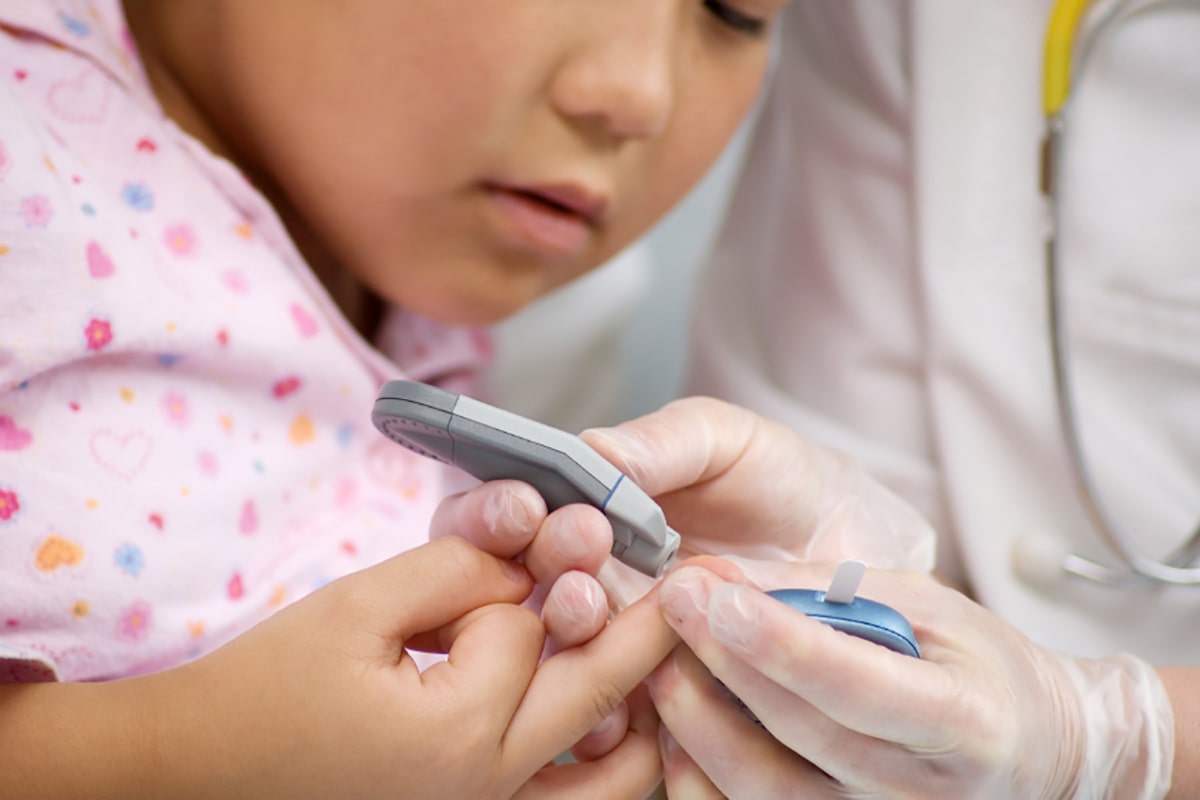Nearly 5% of the population in the United States suffers from type 1 diabetes; an autoimmune disorder where the body’s immune system specifically fails to recognize pancreas’ insulin producing beta cells and mistakenly attacks them.
In the absence of sure shot treatment and the dearth of studies on immunotherapy, Dr Mohammad Alhadj Ali, Cardiff University School of Medicine, U.K., and Mark Peakman, professor of clinical immunology at King’s College London, conducted a study on the possible benefits of immunotherapy in type 1 diabetes.
Dr Ali and his team examined the effect of the immunotherapy molecule, proinsulin peptide, in 27 diabetic people within a period of 100 days. The participants were divided into two groups – one receiving the shots of immunotherapy and the other receiving placebo for 6 months at 2 or 4 weeks interval. Their markers of insulin, C-peptide levels were tested at 3, 6, 9, and 12 months, and compared with baseline levels.
In the end, the placebo group revealed a significant decline in their C-peptide levels and about 50% increase in insulin intake over a period of 12 months. On the other hand, the group that received immunotherapy shots had stable C-peptide levels and insulin intake.
This led Prof. Peakman to conclude, “Though the sample size for research was small, it has encouraged the researchers to conduct a larger study in future. Moreover, immunotherapy has been found safe for people with type 1 diabetes and may be acceptable in children as well as in long periods of treatment.”

